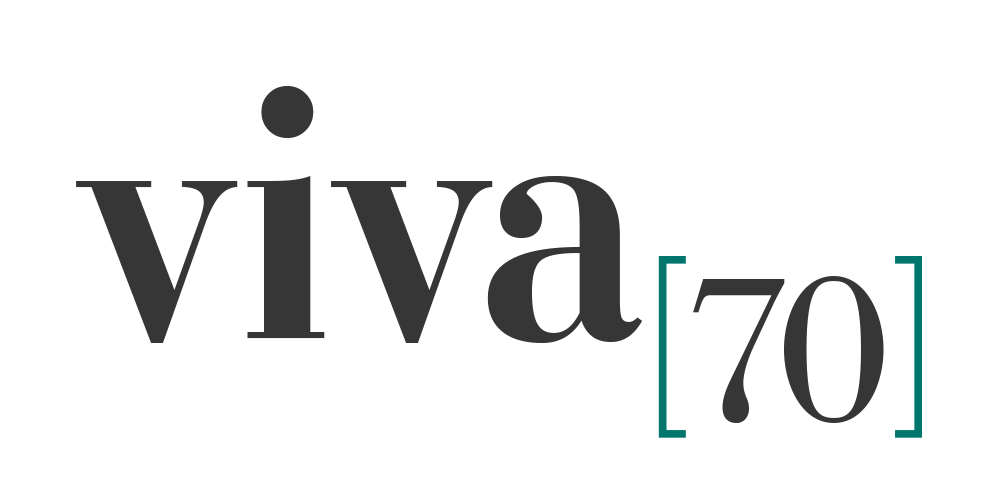
Financial management is a tricky thing. It’s something you learn. It’s not just common sense. And many women are really bad at it. It’s only in recent years that we have started a conversation about women and money and dare I say that Oprah Winfrey and Suze Orman had a key role in opening the conversation
” Women have a relationship to money..but it’s a dysfunctional one. Women make money but they spend it on everyone else’s needs but their own.”
In my wanderings and conversations with Viva 70 in mind I’ve noticed a few things about women and managing finances. It doesn’t apply to all women but here are my observations…
- Talking about financial management, money, shared responsibility for family finances is very difficult for many women. They can abdicate responsibility to a partner, avoid conversations about money or relate to money as a pay cheque to pay cheque event. Planning for the future is often off the radar.
- Talking about money is tangled with issues of trust and love in many relationships instead of seeing it as a financial partnership – a set of evidenced based decisions that require regular review. Financial boundaries are often confused..is it my money/ our money/ your money/ who decides how it is managed?
- There are many examples where woman lost control over the big picture of the financial health of the partnership. Only in crisis did they find out how dire their financial circumstances are. Divorce, redundancy, poor financial decisions that they ” went along with” resulted in severe losses in security and assets.
- Many older women have said that they never thought they would need a pension/welfare to support their retirement in older age. It’s generally acknowledged that older woman have far less in superannuation than their male counterparts. (ASFA 2014 reported woman retire with$105k on average, for men it was $200k) 53% of older women live below the poverty line of $400 a week income in Australia. Child rearing, lower paid jobs, job change and running their own businesses have impacted their ability to save for the future.
What do we need to do?
- Get organised. Learn. Take responsibility. Do you know what percentage interest is charged on your credit card? Do you know the profit margin you are making on a rental property? Do you know where your superannuation is invested? Do you regularly review the performance of the fund? Do you know how much it costs to run your current lifestyle? Do you have a calendar of when major bills need to be paid and save accordingly? Do you pay for holidays with cash or credit? Have you renegotiated contracts with energy companies in the last year?
- What is your relationship with money– confident, informed, well managed? Self disciplined? Or too busy to think about it..just wing it…my partner deals with it….a bit hectic but we get by? I read this the other day, ” Self discipline is a form of self love. When you treat your body and your life with the respect it deserves you care about what food you eat and you care about organising your life to minimize stress.” You deserve to feel empowered, in control, not stressed about money. It takes work. You need to learn and ask for help. If you’re running a business for the first time you need systems and good governance. Get organised. Learn. Get professional advice. Good financial management is not intuitive. It’s not common sense. It’s learned. So many retirees take on a franchise or get into property development and come crashing to the ground because they didn’t have the skills to run a business.
- Let’s talk family finances. What roles do you and you partner have in managing financial monitoring and decisions? We need a complete rethink about the financial side of a marriage. Financial Intelligence. Think of it as a business ..love and trust don’t come into it. A business is run efficiently with all parties being fully across the revenue, costs and investments of the business- its capital and assets. Both parties. You might delegate tasks but like a business, you schedule board meetings every 2-3 months and you review progress against the financial goals you have agreed. It’s evidenced based. It’s not about blame, judgment or ego. It’s a partnership equivalent to running a business. If you can’t talk about the financial basis of the relationship seek help to unpick why this is difficult and how to change it. Women need to find their voice here and not when crisis looms. But it needs to be an informed voice. Doing your homework and getting organised is part of the partnership.
